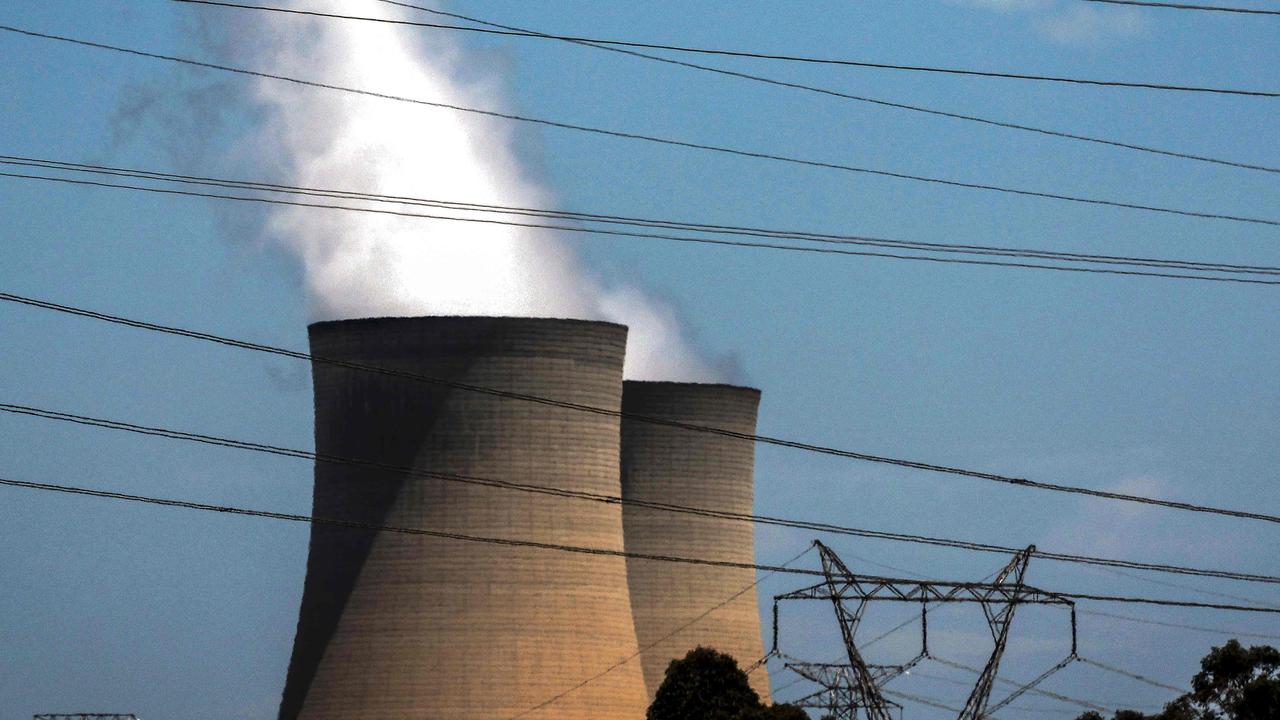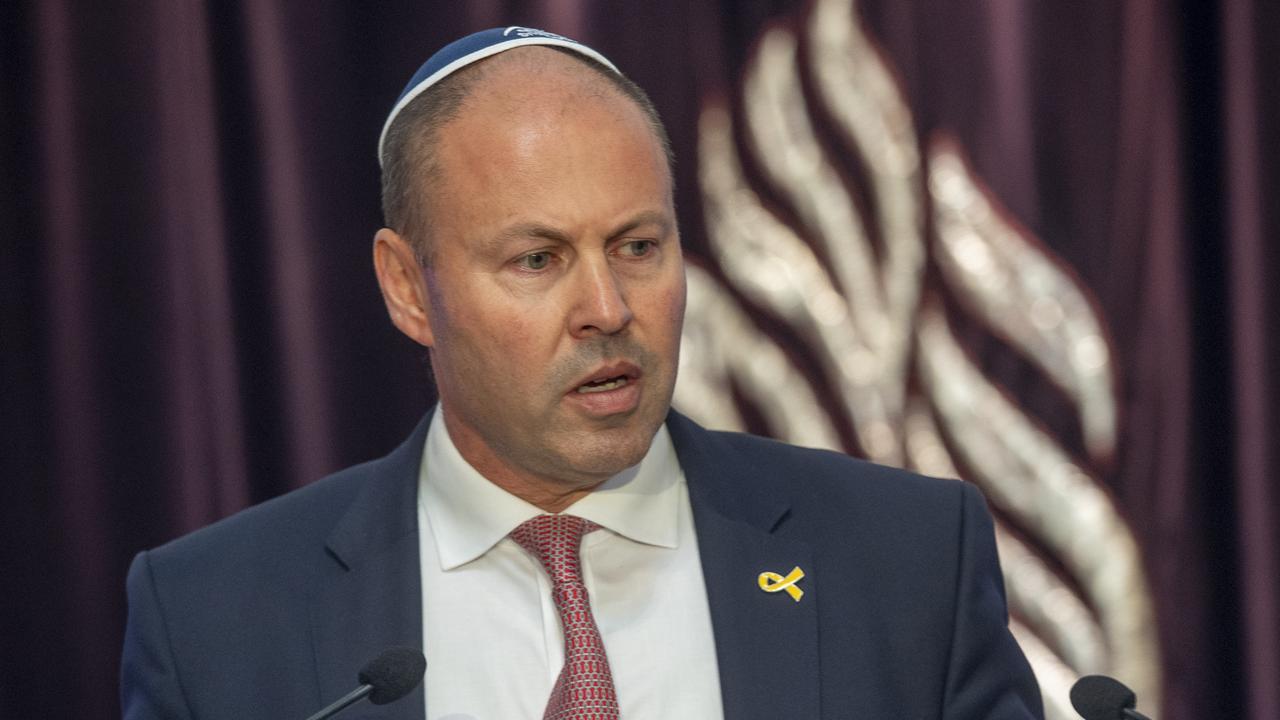Why Andrew Wallace is wrong to conflate anti-Semitism with critiques of a foreign government
Broken windows and building takeovers are not violent uprisings, no matter how critics try to spin them, and hearken to student protests against the Vietnam War and South African apartheid.
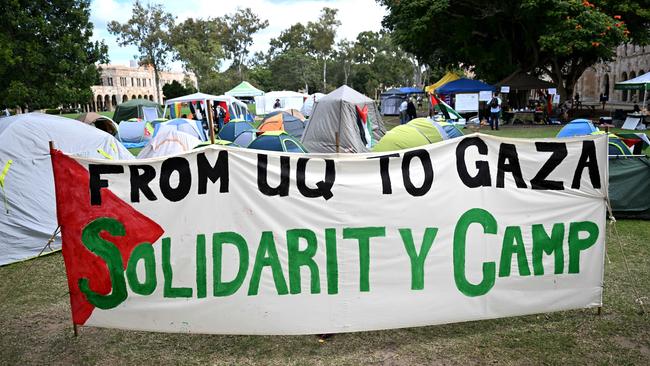
Opinion
Don't miss out on the headlines from Opinion. Followed categories will be added to My News.
A sitting MP calling for teachers and students to be kicked out of school and fired for protesting what they believe to be a genocide would be laughable if it wasn’t so dangerous to free speech.
Apparently, by calling for a university to cut ties with a nation-state being accused of using starvation as a method of war means to become “microphones for the Iranian Islamic Republic, for Hamas, for the Chinese Communist Party and their proxies and allies”.
Andrew Wallace couldn’t even bring himself to say ‘Israel’ in the piece, because that would mean actually engaging with the merits of the protesters, or trying to understand why they’re so frustrated with the Australian government and their universities.
In one sentence, he wants students to face severe punishment for holding an ideological position against his own, then in the next threatens an authoritarian state against them.
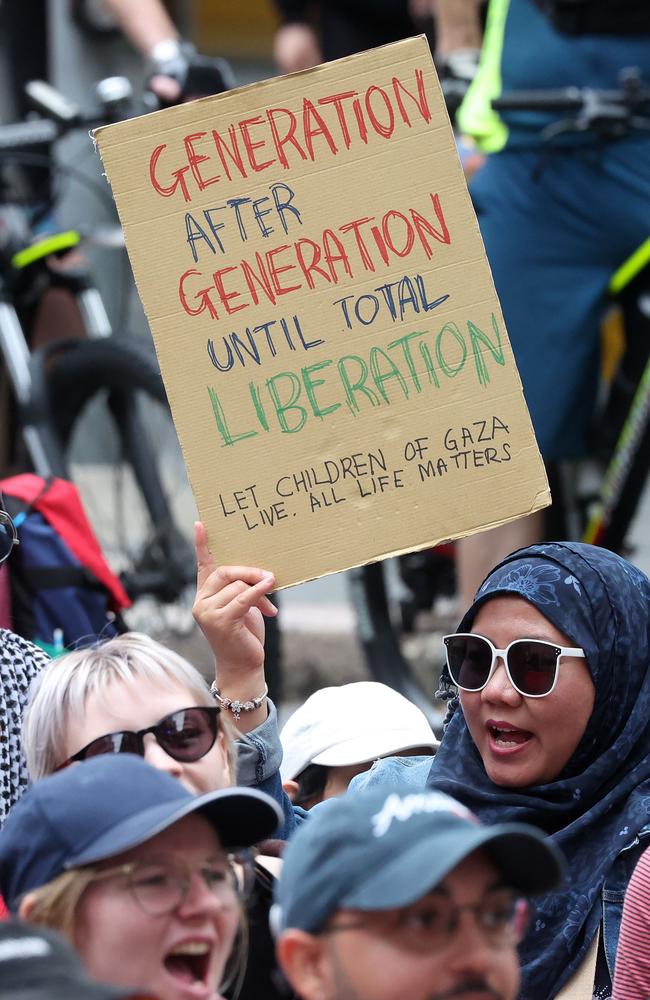
Are you a queer student protesting what you believe to be a genocide by the Israeli government?
Well you should go to Iran where you’d be brutally killed, he offers.
Seeing as though gay and lesbian couples can’t get married in Israel, Gaza, or the West Bank, it’s always an odd point used to attack pro-Palestinian protesters.
Naivety, protests, and anti-Semitism
Anti-Semitism is a real, and never ending problem. The Jewish people have faced horror that very few populations on this planet have or will ever see, or understand, in all of human history.
When it rears its ugly head, it should be condemned without reservation, because we know where it leads.
Europe’s treatment of Jewish people for centuries was barbaric, horrible, and rooted in the worst kind of racism and bigotry. The Holocaust was the culmination of it, but it started far, far earlier.
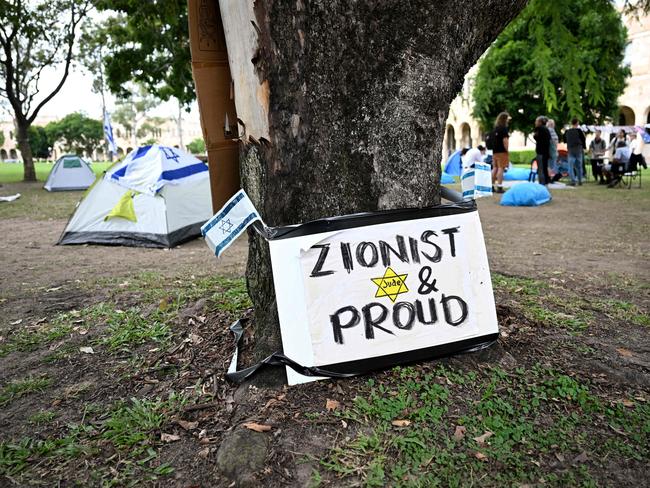
You know what a key part of that racism was? Dehumanisation. Describing protesters and the occupations as ‘colonies of bacteria’ growing the ‘germ of antisemitism’ does exactly that. It does nothing to foster debate and understanding, or bridge the gaps that would help all students feel safe on campus.
It also erases the presence of Jewish students at those same protests.
To treat the students as infantile idiots who “just don’t understand the real world” is the same boring, old, tired rhetoric that’s used whenever young people point out the clear hypocrisy of the world they live in.
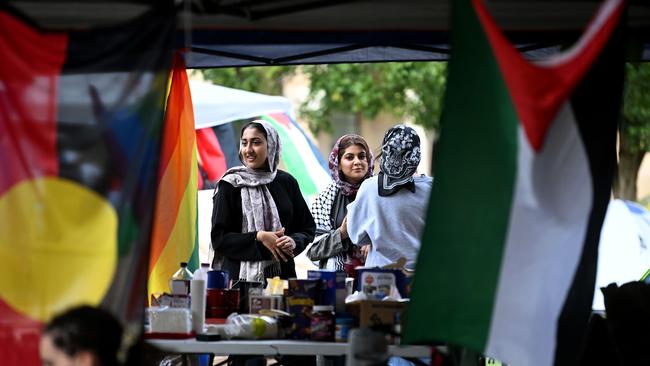
Anti-war kids protest weapons manufacturers being involved with their universities because they see the human impact of the weapons they build, every single day.
When you’ve seen children blown to bits by advanced weaponry, or seen them used against a civilian population, it’s not hard to understand why idealistic students would feel a sense of unease that their university works hand-in-glove with the people making them.
It shouldn’t need to be said either, but intifada does not literally mean the taking up of arms. It means ‘uprising’ in Arabic. There have been peaceful and armed intifadas.
That’s another language sleight of hand to attack the protesters on anything other than the merits of their arguments.
Sitting in a university campus in a tent, breaking a window, or using a bike lock on a door is not the same as taking over territory with firearms, or the horror attacks of October 7, which should be condemned unreservedly.
Building takeovers were used to protest the Vietnam War and apartheid South Africa. The students protesting were condemned then but celebrated with the passing of time.
Who do we listen to?
“Listen to those Jewish Australians...”, Mr Wallace offers.
No, not the Jewish Australians protesting the military campaign.
Not the ones who have warned that Israel could be committing genocide against the people of Gaza, or say ‘Not In My Name’.
The other ones, the ones that agree with the views that he holds.
Here’s a pretty telling example — in Mr Wallace’s piece he warns of “ANU student leaders” calling for ‘unconditional support’ for Hamas, as an example of the horrors of antisemitism pouring through universities, and a refusal to condemn October 7.
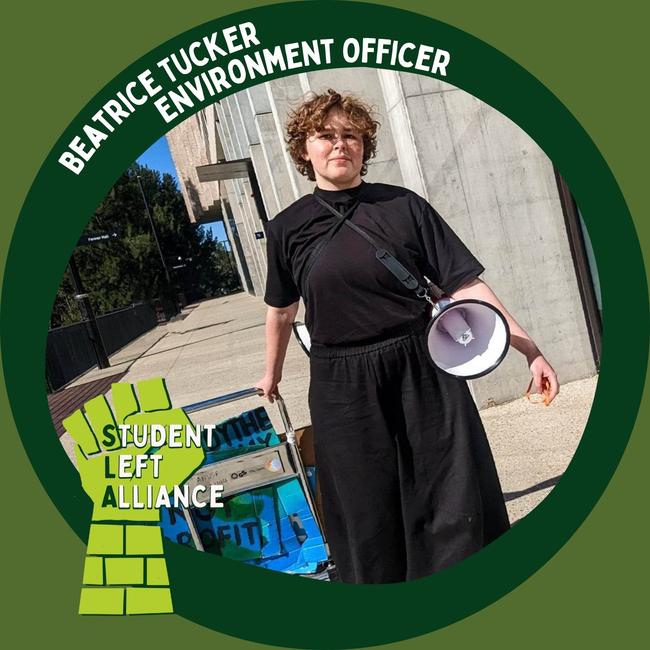
What Mr Wallace didn’t mention, was that one of the protestors speaking was Jewish, who also said, “Jewish students are welcome and we have been fighting for the recognition that anti-Zionism and critique of Israel is not anti-Semitic”.
“It’s critique of a state that’s committing genocide and apartheid. We’re committed to safety for all and speaking from personal experience … I felt so in touch with community through this encampment. Together we’ve been fighting for a just cause, but there is no traces of anti-Semitism,” the student said.
Mr Wallace might also have decided to leave out — or perhaps was unaware, or it happened after he wrote the piece — that same student later clarified their comments refusing to condemn Hamas, saying he agreed with the below statement:
“ANUSA condemns the bombing, killing, and kidnapping of innocent Israeli civilians by Hamas. These actions are totally reprehensible and illegal under international and national laws, and Hamas must be held accountable. ANUSA recognises that Hamas does not represent the legitimate aspirations of the Palestinian people.”
We do not want to follow the US example of insisting that criticism of Israel is inherently anti-Semitic. That is an extremely dangerous path to go down for free speech.
Governments can and need to be criticised, and weaponising claims of antisemitism to stifle debate is wrong.
To support the Palestinian people does not mean you support Hamas, and to support the Jewish people does not mean you have to support the actions of the Israeli government.
Solidarity over silence
“May we choose solidarity over silence, and what is right over what is popular. May the Jewish people find a faithful friend in the Australian people”, Mr Wallace wrote.
I agree wholeheartedly.
A faithful friend would criticise the actions of a government that has gone far beyond the pale in its warfare against a trapped population, in an attempt to destroy an underground enemy.
Israel needs to get its hostages back, and they are far more likely to be killed by indiscriminate bombing, trigger happy IDF members, Hamas, or just lack of food and water if the war in Gaza continues.
The hostages deserve to come home. Their families miss them terribly, and many are furious with the actions of the Israeli government too. The safest pathway for them to get home is in a prisoner exchange. It wouldn’t be the first in this war.
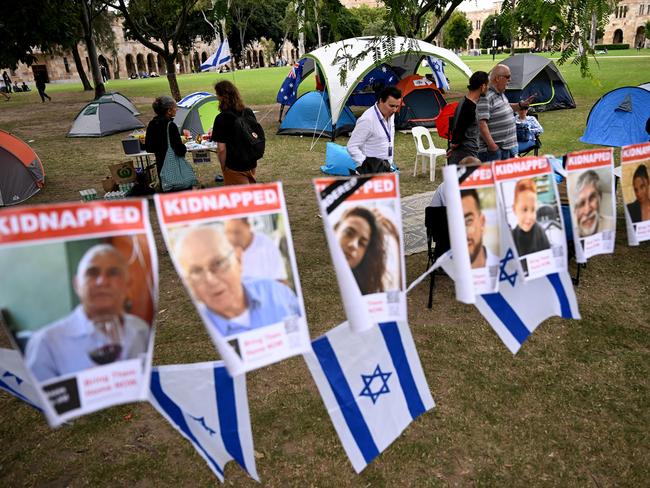
That would require another ceasefire, or ‘humanitarian pause’ or whatever language you feel comfortable with.
I respect that Mr Wallace has seen the impact of the October 7 attacks first hand in Israel, and realise that may colour his take on this. People are moved by undeniable tragedy and suffering.
But unless he makes an effort to see and understand the suffering of the neighbouring Palestinians too, he’ll keep pushing out diatribes like this which do not serve the interests of peace, or even the interests of Australia.
How can we credibly call out human rights abuses in authoritarian countries when we don’t have the gall to call out wrongs committed by our allies?
In his article, Mr Wallace claims, “Palestine won’t be free until Hamas is destroyed”.
I hate the cliche of ‘Orwellian’ but I can’t imagine a clearer use of doublespeak.
Palestinians! Please continue to hold out in the bombing. Freedom is just a few more air strikes away.
Originally published as Why Andrew Wallace is wrong to conflate anti-Semitism with critiques of a foreign government



